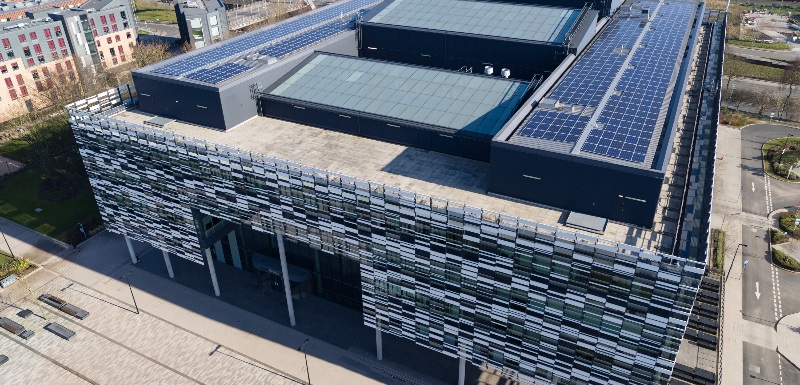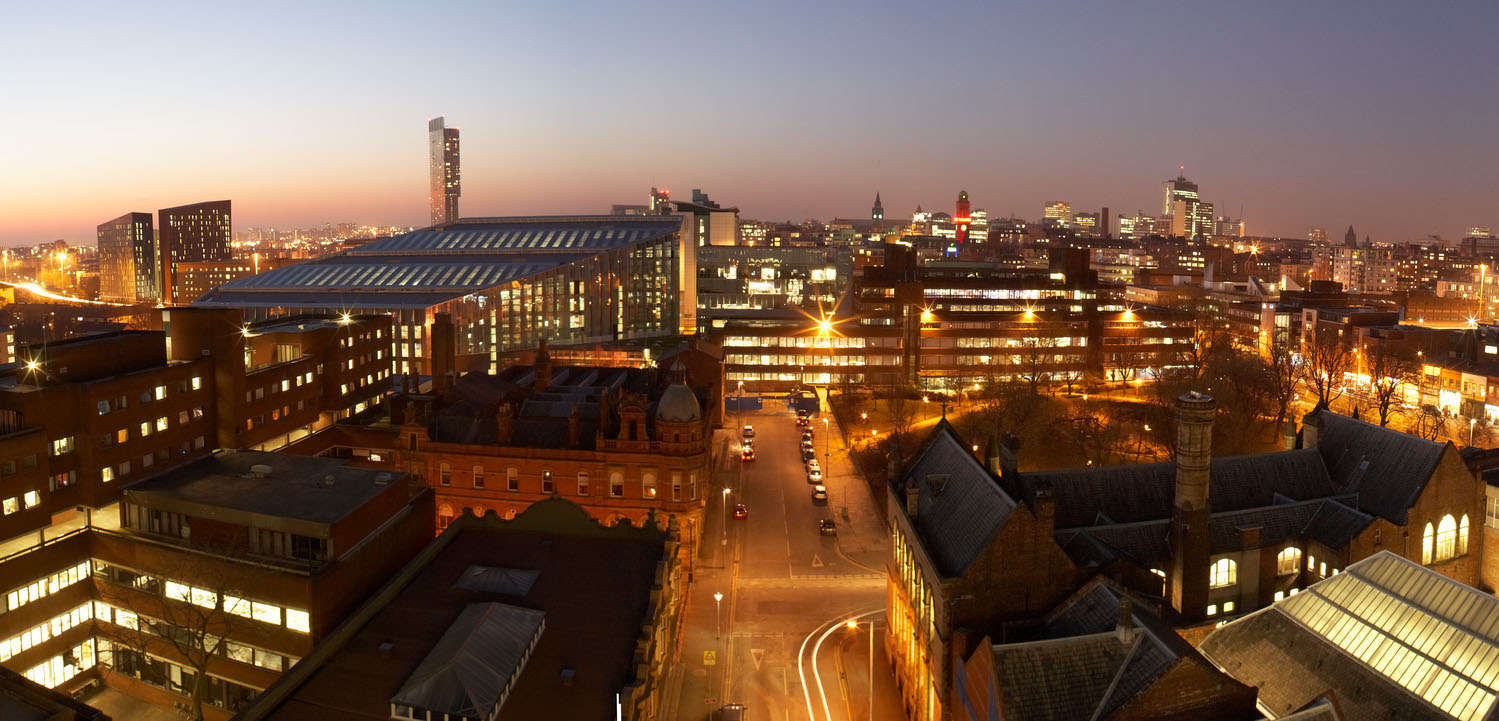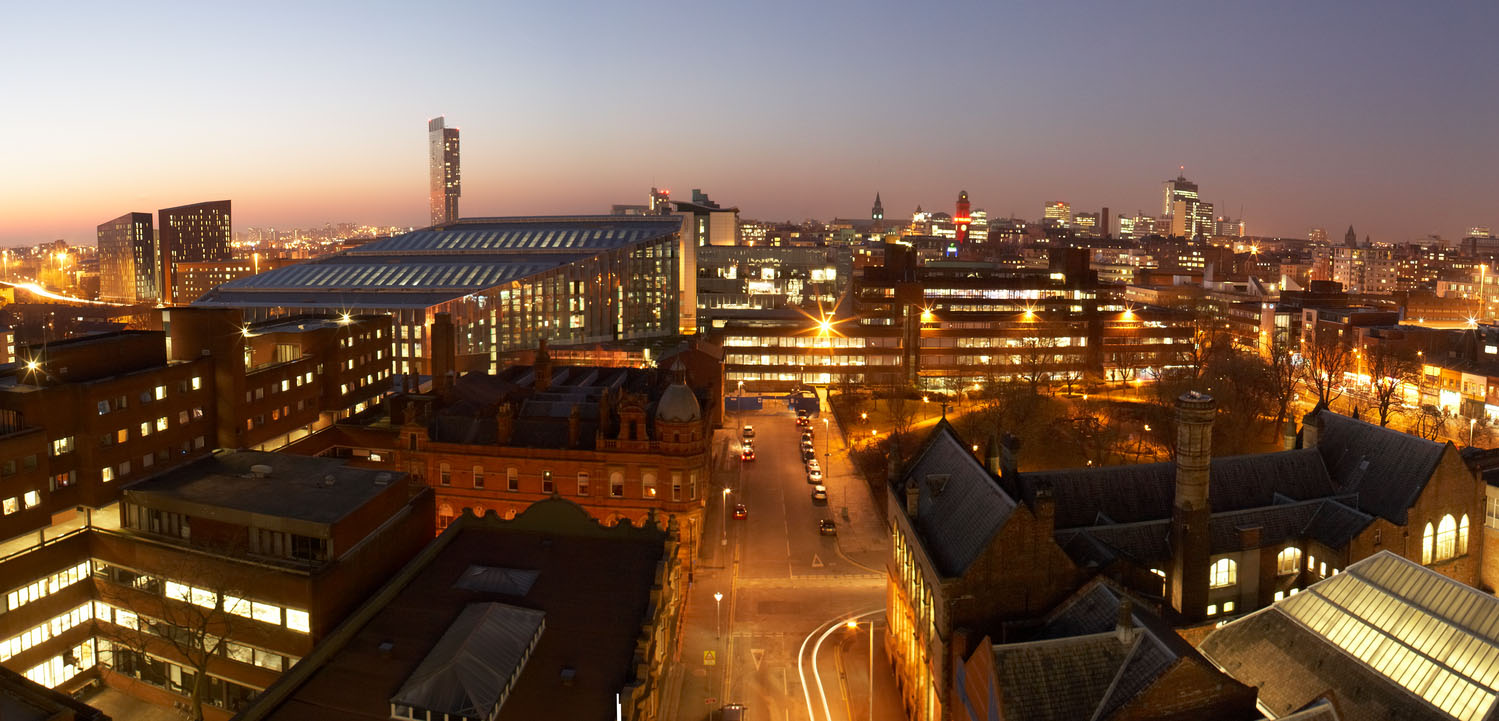VC Voice | Wednesday, 30th May 2018
The Civic University
Civic pride: Manchester Metropolitan is at the heart of the city region
This week we are welcoming visitors from the Civic University Commission to Manchester. The Commission is chaired by Lord Kerslake, the former head of the civil service, and is seeking to understand the purpose of universities in their locale: what they mean for people, business and society in the towns, cities and regions where they are based.
The work of the Commission is timely given the focus on the value of universities. Many universities can trace their roots back to local needs and aspirations – education and skills, better jobs, higher productivity, innovation and knowledge exchange – all of which promote a thriving economy and a progressive society.
The majority of the public are positive about universities. However, support is greatest in those who engage most strongly with them; research and its value may sometimes not be widely known or recognised (despite the fact that every major news story is enriched by the informed views of an academic), and local people are generally keen to engage more and get more back from us, a return to our roots, if you like. I am inspired by the story of a colleague from a local ethnic minority community who now holds major leadership roles. She traces her success back to her entry route into Manchester Metropolitan and the knowledge, skills and confidence – a belief in herself – that she gained through studying here.
Five pillars, which speak to the importance that we attach to our civic role, underpin our strategy and inform the way that we deliver our teaching and research: place (Manchester city region), ambition, partnership, community, and sustainability. We define ourselves as an anchor institution in Manchester, meaning that the synergies that result from our location deliver mutual benefit.
Our civic role has never been in doubt, as our history attests. You only have to take a look at the Manchester Edition of our Met Magazine to see that this approach informs what we do across disciplines from poetry and architecture to health and education. The civic context gives us an edge where partnerships with local stakeholders from Greater Manchester Police, to the youth justice services, and with local authorities mean that our work has real impact. We deliver locally but at a quality that is of international reach, significance and standing.
The importance of place-based approaches to policy and economic development are clear from government strategies and priorities, not least the Industrial Strategy. Universities have a vital role to undertake in place making. The economic and societal value that they add has been well documented but has perhaps been less widely appreciated. The impact of the four Greater Manchester universities – ourselves and the Universities of Salford, Bolton and Manchester – was over £3.8bn in 2015/16.
It is these messages that we will be sharing with the commissioners. We need them to come away from Manchester Metropolitan firmly convinced of our intent and of how we operate in our city.
It is important that people can hear these stories, that they know what we’re doing and understand the difference that we make to their lives. At a time when some question the value of universities, understanding and appreciating our impact at the broadest level is critical. This is a job for all members of the University and for all who subscribe to our philosophy.




